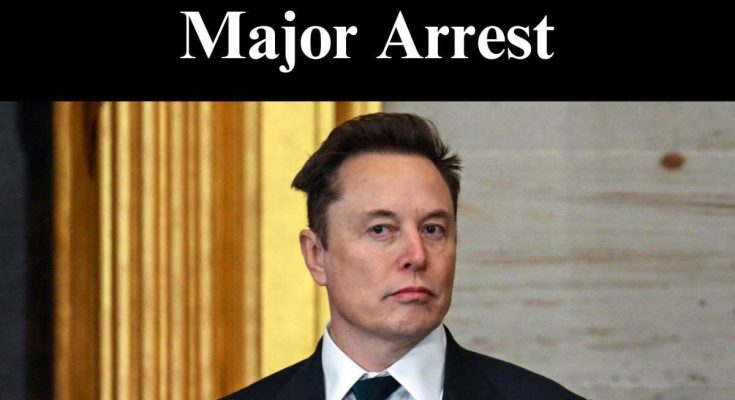Two foreign individuals who unlawfully voted in the 2024 presidential election are now in federal detention, thanks in large part to one of the Trump administration’s newest and most aggressive programs.
The Department of Homeland Security (DHS) said on Tuesday that two Ukrainian nationals were detained for illegally voting in last year’s election, in collaboration with the Department of Government Efficiency (DOGE) and U.S. Immigration and Customs Enforcement (ICE). The arrests are being heralded as a win for DOGE, the agency established by President Trump to reduce government waste and now to police immigration and election regulations.
“In partnership with @DOGE, @ICEgov arrested two Ukrainian nationals for illegally VOTING in the 2024 election,” Secretary of Homeland Security Kristi Noem posted on X. “Under President Donald Trump, if you come to our country and break our laws, you will face the consequences.”
DOGE, established by executive order on January 20, arose from discussions between President Trump and tech entrepreneur Elon Musk. While the agency’s initial aim was to reduce government expenditure and bureaucracy, it has now extended its scope to include federal supervision.
Its members, who hold significant positions across many agencies, have the authority to reject contracts for scientific research, climate programs, and DEI initiatives—and, more recently, to aid with immigration crackdowns.
“In partnership with @DOGE, @ICEgov arrested two Ukrainian nationals for illegally VOTING in the 2024 election. Under President Donald Trump, if you come to our country and break our laws, you will face the consequences,” Noem wrote on X.
Tuesday’s arrests are the first publicly documented instance in which DOGE’s internal information networks directly resulted in law enforcement action related to voting fraud.
In his second term, President Trump has prioritized election integrity, threatening to hold foreign nationals accountable if they interfere with America’s democratic process.
Trump and Republican supporters have long criticized the Biden administration’s handling of election security, accusing Democrats of turning a blind eye to flaws.
Since taking office in January, President Trump has wasted no time fulfilling his pledges to secure the border, reform government inefficiencies, and defend election integrity—moves that have elicited passionate responses from across the political spectrum.
One of Trump’s trademark initiatives has been to restore law and order along the southern border. Since January, his government has deported around 139,000 people, suggesting a rapid shift toward harsher immigration enforcement.
Military troops often assist in sending federal agents to sanctuary cities that refuse to cooperate with immigration officials. A new presidential order publicly names municipal officials who block federal immigration operations, putting more transparency and pressure on these counties.
The government has also used the Alien Enemies Act of 1798 to expedite deportations in situations with national security concerns, such as those of Venezuelan migrants.
Musk made headlines earlier this month when he questioned how members of Congress have become “strangely wealthy” despite their relatively modest government salaries.
Musk said his team at the Department of Government Efficiency (DOGE) would look into how certain lawmakers have amassed generational wealth, the New York Post reported.
Musk was responding to a question from an attendee who asked whether DOGE had found any evidence of money transfers from the U.S. Agency for International Development (USAID) to Rep. Maxine Waters (D-Calif.), Sen. Adam Schiff (D-Calif.), and Senate Minority Leader Chuck Schumer (D-N.Y.).
“Yeah, so,” Musk began as he appeared to be organizing his thoughts. “There is a massive amount of corruption, but it is circuitous. So what happens is there’s money that — obviously it’s your taxpayer money — that is then sent to various government organizations who then send it to NGO’s, which an NGO is a non-governmental organization, but obviously it’s a government-funded non-governmental organization.”
“It’s just an organization. It’s just a government, and effectively there’s a giant fraud loophole which is that the government can send money to an NGO that is then no longer governed by the laws of the United States,” he continued.



